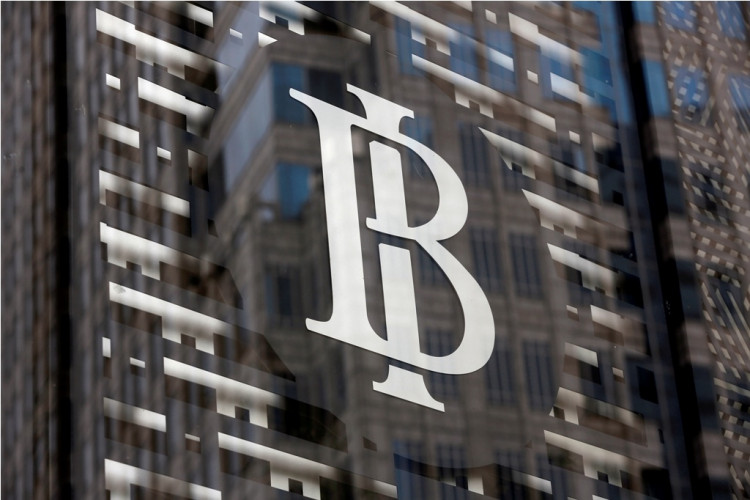Indonesia has announced its grandiose plan for restoring the country. The proposal's overall budget will hit $400 billion and unsurprisingly, the government said it will allocate 60 percent of the grand total to infrastructure projects.
According to Bloomberg, Indonesian Planning Minister Bambang Brodjonegoro revealed that the proposal is looking to secure $400 billion in investments within the next five years.
As part of the government's efforts in restoring Indonesia for the better, the grand plan will receive funding of up to 40 percent from the government. 25 percent will be hauled in from state-owned companies. The remaining balance is expected to be retrieved from private firms.
Indonesia is faced with serious challenges in incumbent President Joko "Jokowi" Widodo's infrastructure initiative due to the extensive distance between islands in the country. Increased spending for the billion-dollar proposal would help boost Jokowi's construction scheme, analysts said.
During Jokowi's tenure as president, he promoted infrastructure projects, stating that connectivity will boost the Indonesian economy. Brodjonegoro echoed Jokowi's sentiments in a speech following the release of the proposal.
"We are planning to establish the equivalent of a highway for the skies by building airstrips or smaller airports for connectivity," Brodjonegoro revealed. Many economists are optimistic about the initiative but are also eager to know how the government will finance its plans.
A number of projects under the Jokowi administration have been delayed or shelved for the time being due to weak tax compliance policies in the country and low prices. Analysts said these problems should be addressed to come up with the massive budget.
For Indonesia's economic planners, improved infrastructure would help propel the tourism sector. More tourists could mean more revenue and added chances of getting investments from foreign businesspeople.
Connectivity in Indonesia is also expected to boost production for exports. The country recorded disappointing export numbers for the first quarter of 2019, igniting talks about how the government would go forward following the announcement of this year's general election.
Furthermore, global risks have been the talk of investors and economic experts over the past few weeks, with Indonesia as one of the Asian countries being monitored as it could either rise or fall this year.
According to The Star, the Indonesian central bank decided to keep its interest rate at six percent despite potential external headwinds that could stem from the ongoing China-U.S. trade war.
Many analysts are still worried about how Indonesia could manage to pick up the rupiah after it went down over 2.6 percent against the U.S. dollar in April. While Indonesia will not make changes to its interest rate yet, the government did say it will keep watch of potential global risks.






